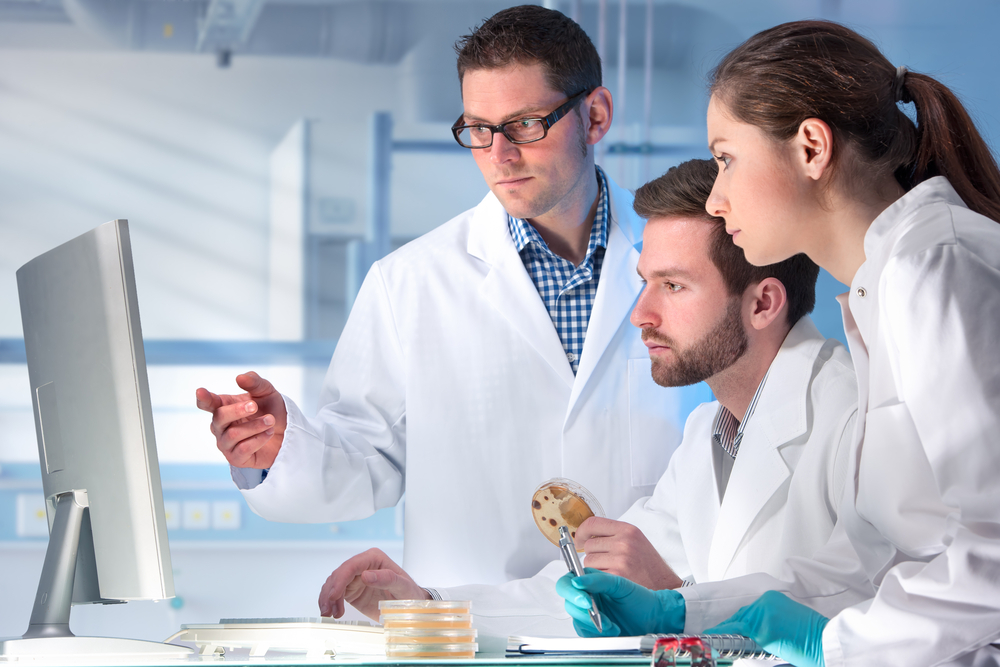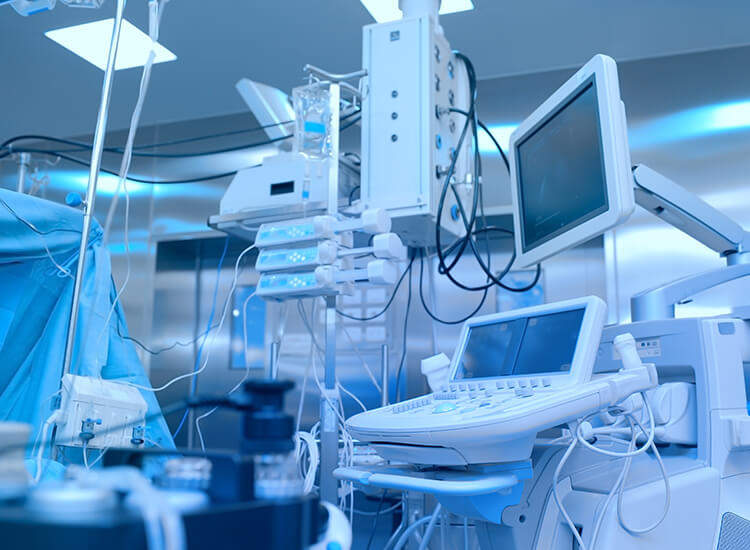Medical: In-Depth Guide to Healthcare, Treatments, and Innovations

The medical field is a cornerstone of human society, dedicated to preserving, restoring, and improving health. It encompasses the study, diagnosis, treatment, and prevention of disease, as well as research into improving human life and wellness. Medical science combines biology, chemistry, technology, and clinical expertise to address a wide range of health issues, from acute injuries to chronic conditions. Understanding the scope of the medical field is essential for patients, practitioners, and anyone interested in health management and modern healthcare innovations.
The Evolution of Medical Science
Medical science has evolved significantly over millennia. Early civilizations relied on herbal remedies, spiritual practices, and rudimentary surgical techniques. Ancient Egyptians, Greeks, and Chinese civilizations contributed foundational knowledge, focusing on anatomy, natural treatments, and hygiene. The Renaissance period brought a systematic approach to medicine, with advanced anatomical studies and scientific observation. In modern times, medical research, biotechnology, and innovations like imaging systems, minimally invasive surgeries, and personalized medicine have revolutionized healthcare. The field continues to expand rapidly, addressing emerging diseases, aging populations, and complex health challenges.
Key Areas of Medicine
The medical field includes numerous specialties, each focusing on specific aspects of human health:
- Internal Medicine: Deals with the prevention, diagnosis, and treatment of adult diseases, particularly chronic illnesses like diabetes, hypertension, and cardiovascular conditions.
- Surgery: Covers procedures ranging from minor outpatient operations to complex surgeries such as organ transplants, orthopedic repairs, and cardiovascular interventions.
- Pediatrics: Specializes in the medical care of infants, children, and adolescents, emphasizing growth, development, vaccinations, and management of pediatric diseases.
- Obstetrics and Gynecology (OB/GYN): Focuses on women’s reproductive health, pregnancy, childbirth, and hormonal disorders.
- Psychiatry and Mental Health: Addresses mental disorders including depression, anxiety, bipolar disorder, and schizophrenia using therapy, medication, and counseling.
- Emergency Medicine: Provides immediate care for acute illnesses, injuries, and life-threatening situations in emergency departments or urgent care centers.
- Medical Research and Clinical Trials: Drives innovation through studying diseases, developing treatments, and testing new drugs, therapies, and medical devices.
Medical Diagnostics and Technology
Accurate diagnosis is critical for effective medical care. Modern diagnostics rely on a combination of laboratory tests, imaging techniques, and technological innovations:
- Laboratory Testing: Blood, urine, and tissue analysis provide information about infections, metabolic disorders, and genetic conditions.
- Imaging Technologies: X-rays, MRIs, CT scans, and ultrasounds help visualize internal organs, tissues, and skeletal structures for precise diagnosis and surgical planning.
- Genetic and Molecular Testing: Identifies hereditary disorders, predicts disease risk, and guides personalized treatment approaches.
- Telemedicine: Expands access to medical consultations and follow-ups, especially for patients in remote or underserved areas.
Preventive Medicine and Health Maintenance
Preventive medicine focuses on avoiding disease before it occurs. Strategies include:
- Vaccinations: Protect individuals and communities from infectious diseases like influenza, measles, and COVID-19.
- Routine Screenings: Blood pressure, cholesterol, cancer, and diabetes screenings detect conditions early for better outcomes.
- Lifestyle Counseling: Diet, exercise, stress management, and sleep hygiene are essential for long-term health.
- Public Health Education: Campaigns promote awareness about hygiene, nutrition, substance abuse, and disease prevention.
Medical Specializations and Interdisciplinary Care
Complex health conditions often require collaboration across multiple specialties:
- Cardiology and Endocrinology: Managing heart disease and metabolic disorders simultaneously.
- Oncology and Surgery: Coordinating cancer treatment with surgical intervention, chemotherapy, and radiotherapy.
- Neurology and Psychiatry: Treating neurological disorders alongside associated mental health challenges.
- Geriatrics and Rehabilitation: Addressing chronic disease, mobility, and post-surgery recovery in elderly populations.
The Role of Medical Professionals
Medical care relies on a diverse team of professionals:
- Physicians: Diagnose, treat, and monitor patients across a wide range of specialties.
- Nurses: Provide direct care, administer medications, and assist physicians in treatment management.
- Pharmacists: Dispense medications, educate patients on usage, and monitor potential drug interactions.
- Technicians and Technologists: Operate diagnostic equipment and ensure accurate clinical data.
- Researchers and Scientists: Conduct studies to develop new treatments, medical technologies, and innovative therapies.
Medical Ethics and Patient Safety
Ethics are central to modern medical practice, ensuring that care respects patient rights and promotes well-being:
- Beneficence: Acting in the patient’s best interest.
- Non-Maleficence: Avoiding harm during medical interventions.
- Autonomy: Respecting patient decisions and obtaining informed consent.
- Justice: Ensuring equitable access to medical services.
Patient safety is maintained through strict protocols, including infection control, medication management, surgical safety checklists, and continuous monitoring of clinical outcomes.
Advancements and Innovations in Medicine
The medical field continuously integrates new technologies and scientific discoveries:
- Robotic Surgery: Enhances precision, reduces recovery time, and minimizes surgical complications.
- Artificial Intelligence (AI): Assists in diagnostics, predictive modeling, and personalized treatment planning.
- Telehealth: Expands access to consultations and follow-up care without physical barriers.
- Regenerative Medicine: Utilizes stem cells, tissue engineering, and organ regeneration for previously untreatable conditions.
- Pharmacogenomics: Tailors medications based on genetic profiles for higher effectiveness and reduced side effects.
Challenges in Modern Medicine
Despite progress, the field faces ongoing challenges:
- Healthcare Access Inequality: Unequal distribution of medical resources limits care in rural and low-income regions.
- Rising Healthcare Costs: Advanced treatments and specialized care increase financial burdens.
- Emerging Diseases: New pathogens and antibiotic-resistant bacteria demand constant vigilance and research.
- Ethical Dilemmas: End-of-life care, experimental treatments, and resource allocation present complex ethical challenges.
Conclusion
The field of medicine is vast, multifaceted, and constantly evolving. From diagnostics and treatment to research and preventive care, medical science plays a vital role in extending life expectancy, enhancing quality of life, and safeguarding public health. By combining scientific knowledge, technology, ethics, and interdisciplinary care, the medical profession remains a cornerstone of human well-being. Understanding this field empowers individuals to make informed health decisions and fosters a culture of preventive care and wellness.
FAQ Section
1. What is the difference between preventive and curative medicine?
Preventive medicine focuses on maintaining health and preventing disease, while curative medicine addresses existing illnesses through treatment.
2. How has technology improved medical diagnostics?
Technologies such as MRI, CT scans, AI-assisted analysis, and genetic testing enhance diagnostic accuracy, speed, and accessibility.
3. Why is interdisciplinary care important in healthcare?
It ensures that patients with complex conditions receive coordinated care from multiple specialists, improving outcomes and quality of life.
4. What roles do nurses play in patient care?
Nurses provide direct care, administer medications, monitor patient progress, educate patients, and support physicians in treatment plans.
5. How do medical professionals stay current with advancements?
Through continuous education, professional conferences, research publications, and adherence to updated clinical guidelines.
6. Can telemedicine replace in-person care?
Telemedicine enhances access and convenience but cannot fully replace in-person care for surgical procedures, complex diagnostics, or emergencies.
7. What are some emerging trends in medicine?
Emerging trends include personalized medicine, regenerative therapies, robotic surgery, AI-driven diagnostics, telehealth expansion, and precision pharmacology.
This detailed guest post provides an in-depth look into the medical field, highlighting its scope, innovations, challenges, and importance in modern healthcare systems.




